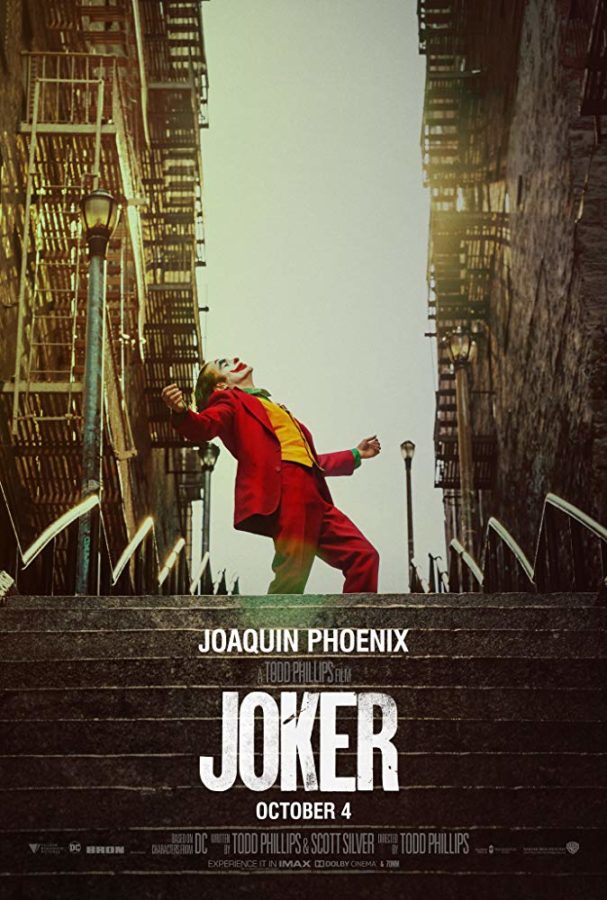Todd Phillips’ “Joker” is a film about the consequences of embracing instability. Using the frame of an origin story for yet another iteration of Batman’s iconic nemesis, the film tells the story of a deeply traumatized man who finds himself at the head of a political revolution in the fictitious Gotham City. The movie at times acts with tact, and at others becomes quite clumsy. Despite this, it provides a gripping entry point into a new era of “Batman” films.
Quite possibly the most anticipated aspect of this movie was the controversy surrounding its portrayal of gun violence with some saying that it could lead to copycat crimes. The film did not, however, seem blind to its responsibility to make sure that its main character was not seen as sympathetic. Arthur Fleck, the man who takes on the moniker of “Joker,” is portrayed as a cruel and broken person who is unwilling, or perhaps unable, to act in interests that go beyond his own. The movie is decidedly condemning the actions of its protagonist.
It seems like Philipps was very aware of what kind of character he was making a movie about, and he did so in a responsible manner. The concerns about possible crimes the movie might inspire are about as founded as the concerns surrounding whether or not video games cause a person to develop violent tendencies.
While it is done responsibly, the film does have its faults, most notably in the way that people react to the main protagonist. There are so many moments in the story where the audience questions whether or not Arthur is dreaming because it is so surreal. At one point, three men riding the late-night subway start in unison singing an acapella version of Frank Sinatra’s “Send in the Clowns” in an attempt to intimidate the main character. These moments interrupt the grounded and gritty tone that the movie otherwise excels at.
The score for the film is quite unconventional; rather than have a soundtrack full of different tracks for different scenes, “Joker” opts for a continuous dark orchestral track that starts off as simple chords and melodies but becomes more complex as Arthur Fleck goes deeper into insanity. While there are some 1940s hits sprinkled in for flavor, this slow buildup in musical complexity is absolutely perfect for this film. Not only does it complement the story structure, but it also adds immensely to the overall tension of the plot.
Tension is perhaps what this movie accomplishes best, with Joaquin Phoenix’s performance at the helm. His depiction of the Joker is filled with small things that seem completely insignificant but add tremendously to the dread that the audience feels as his character becomes more and more unhinged. Things like laughing at the unfunny parts of a joke or phrasing things awkwardly seem mundane, but in the end, they act as the puzzle pieces that come together to make up the Joker.
Phoenix had the gigantic task of reviving the role of Batman’s most iconic rival after the nightmare that is Jared Leto’s interpretation of the character, and he delivered a performance that rivals that of Heath Ledger. IF DC decides to build a new Batman franchise with Phoenix playing the pale-faced antagonist, it will certainly have at least one compelling villain.
Despite the myriad of controversy that has surrounded the film in the weeks leading up to its release, Phillips’ “Joker” is a compelling, albeit surreal, experience that gives audiences a new angle on an all too familiar character. Whether this spawns into a new series or this movie continues to stand alone, “Joker” will go on to be remembered as a unique and interesting take on the Clown Prince of Crime.





























